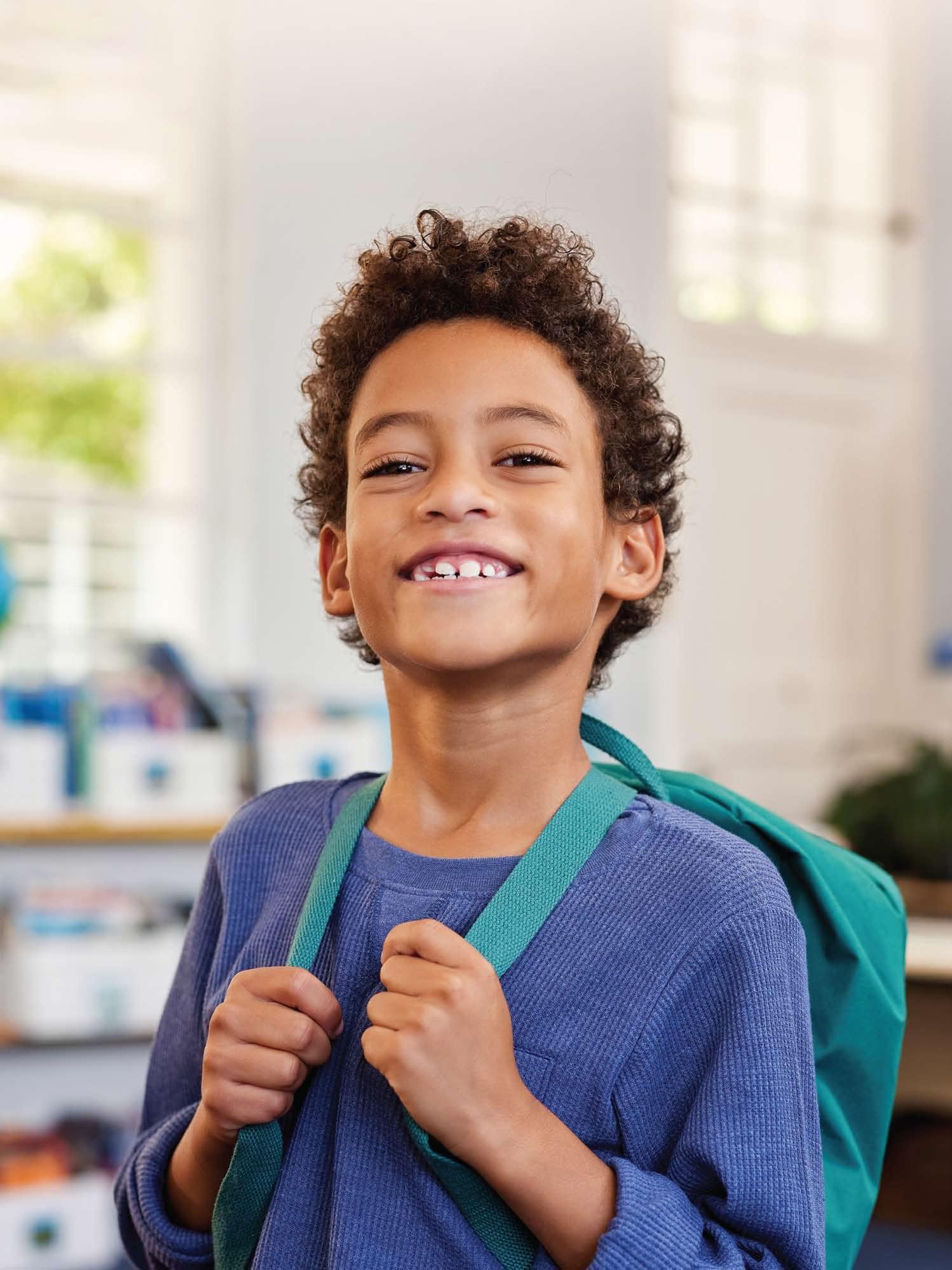

The Power of Partnership: 40 Years of The Parkside School
Forty years ago, two young educators—Albina Miller and Leslie Thorne—shared a simple but radical idea: that children with language-based learning differences deserved a place where they could be challenged and understood. In 1986, that vision took shape in a modest six-room space on West 100th Street. Their first student was just five years old.
What Albina and Leslie built together would go on to change the landscape of special education in New York City. Today, The Parkside School serves 80 children, supported by a team of more than 50 teachers, therapists, and specialists. Yet the heart of Parkside remains the same as it was on day one: a warm, child-centered community where every student is seen, supported, and celebrated for who they are.
Albina Miller, Co-Head of School and Administrative Director, brings a steady blend of vision and pragmatism. With degrees from St. Joseph’s University, NYU, and Columbia University’s Teachers College, she has spent her career creating an environment where learning feels joyful and purposeful. “Every child deserves an education that honors their potential,” she says—and under her leadership, Parkside’s programs continue to evolve with innovation and heart.
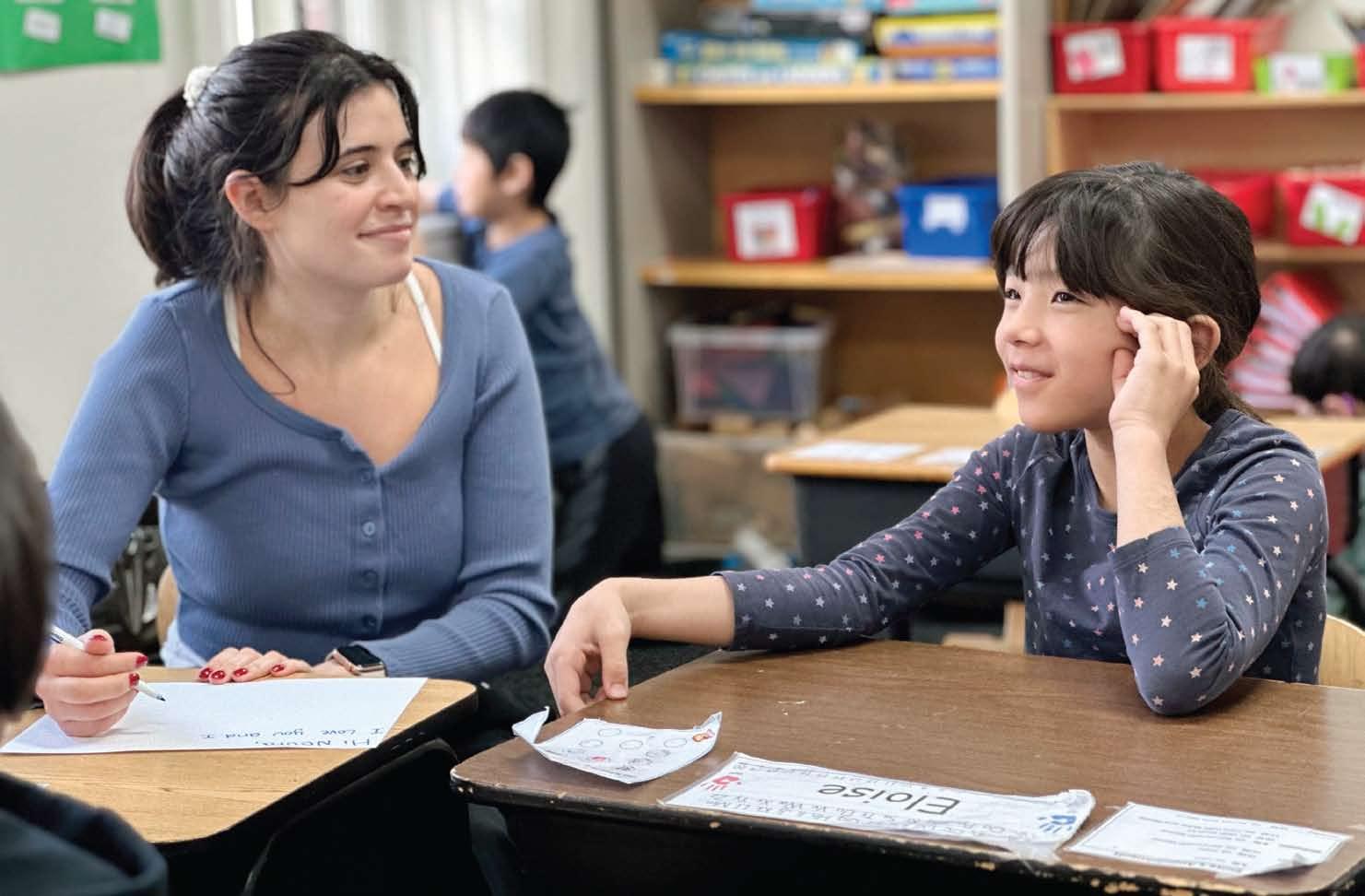
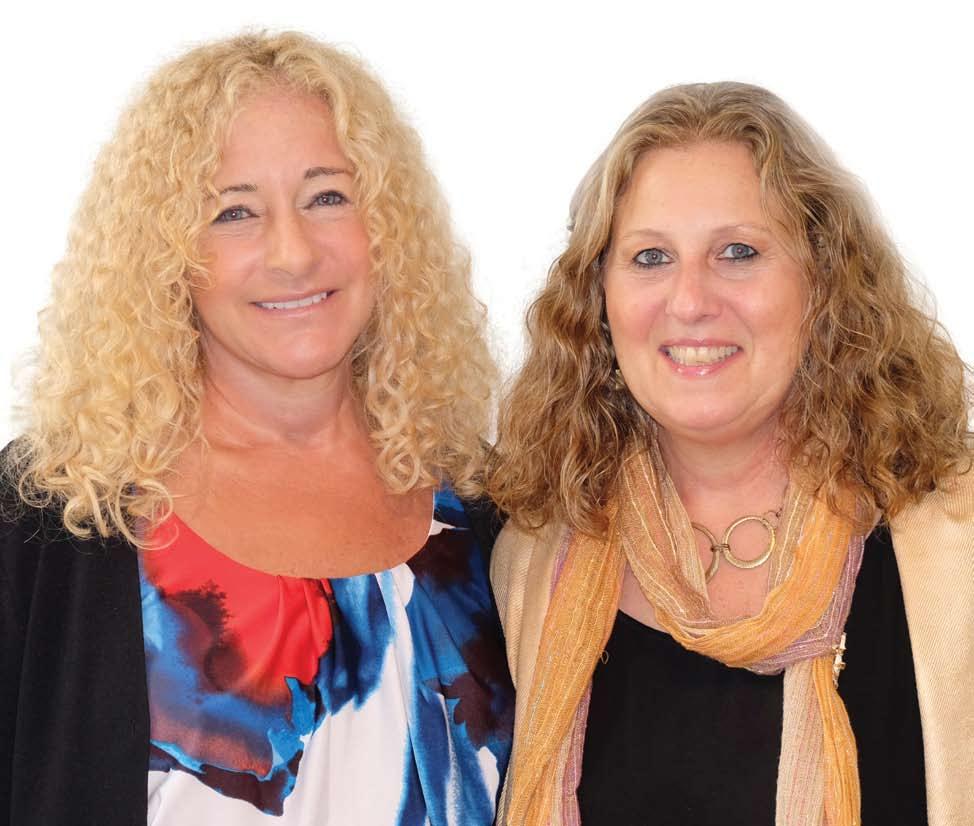
Leslie Thorne, Co-Head of School and Educational Director, is known for her empathy and her ability to inspire both students and teachers. A Buffalo State and Hunter College graduate, she helped shape Parkside’s hallmark interdisciplinary model, where educators and therapists work in close partnership to integrate academics, communication,
and emotional growth. “When children feel safe, curious, and connected,” Leslie says, “real learning begins.”
Together, Albina and Leslie have built a community that changes lives. Parkside’s small classes, personalized instruction, and robust arts and movement programs nurture academic skills, confidence, creativity, and resilience. The impact endures
long after graduation—alums often credit Parkside with giving them the tools and selfbelief to thrive far beyond its red doors.
As The Parkside School celebrates its 40th Anniversary, Albina and Leslie remain as committed as ever to the future. They continue to mentor teachers, guide families, and strengthen programs that reflect their founding vision: to serve the whole child.
From one student in 1986 to a vibrant community today, Parkside stands as a testament to what can happen when compassion and expertise come together—and when two educators dare to imagine a school that meets every child where they are and helps them grow into who they’re meant to be.
The Parkside School
48 West 74th Street, New York, NY 10023
212-721-8888 parksideschool.org
Leslie Thorne, Co-Head of School and Educational Director & Albina Miller, Co-Head of School and Administrative Director



For four decades, Parkside has empowered children with languagebased learning differences to discover their strengths, find their voices, and grow with confidence. At Parkside, every child is known and supported through an interdisciplinary program that integrates academics, therapy, and the arts—helping students thrive both in school and beyond.
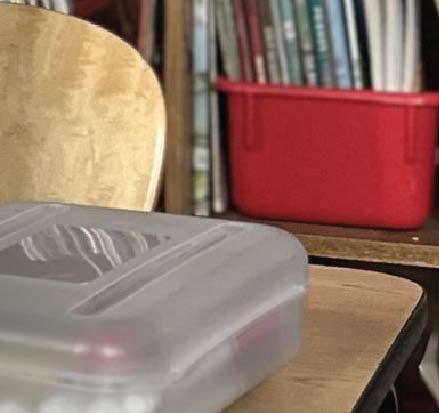

Individual and small-group Speech & Language Therapy, Occupational Therapy & Counseling
Small class sizes and personalized instruction
A robust Arts & Movement Program
6-Week Summer Program

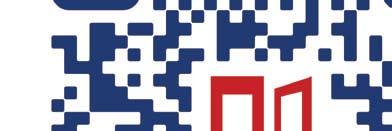



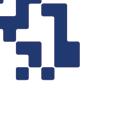
6 | s uccess in school
Simple ways to strengthen communication, build confidence, and help your child thrive in school
8 | choosing Private schools for n eurodiverse learners
From tailored instruction to smaller class sizes, explore how private schools help neurodiverse learners succeed
10 | choosing a c aregiver
One mom’s thoughtful process for finding and training the right caregivers for her autistic son
12 | a christmas s pectacular for all Inclusive performances, sensory accommodations, and accessibility features to ensure everyone enjoys the holiday magic
14 | leveling the learning Field
Deputy Chancellor Christina Foti talks to New York Family about the future of inclusive education in NYC public schools
16 | s pecial n eeds listings
Helpful resources for the special need parent
Share your feedback and ideas about family life in New York! Email us at editorial@newyorkfamily.com and tag us at #newyorkfamily
Publisher: Clifford Luster
editorial director: Tara Lustberg a ssociate Publisher: Erin Brof
advertising d irector: Stacie Goldberg
d e P uty e ditor: Danielle Ramos e vents e ditor: Shara Levine
content editor: Adrienne Farr
associate editor: Náosha Gregg e ditorial a ssistant: Alexa Lutter
Partnershi P Managers: Lauren Alperin, Lauren Anchin, Joan Bergman, Mary Cassidy, Suzanne Cirigliano, Chris Cunnington, Lori Falco, Shelli Goldberg-Peck, LynnMarie Hanley, Lisa Herlihy, Janine Mulé, Nina Spiegelman, Gwen Tomaselli
Marketing & s trategy d irector: Rosalia Bobé
Marketing & events coordinator : Ashley Rivera
Marketing assistant: Lorens Morris
Media sales a ssistant: Ruston Ropac
art d irector: Leah Mitch
Web d evelo P er: Sylvan Migdal g raP hic d esigners:
Arthur Arutyunov, Connie Sulsenti e ditorial contributor: Mia Salas
coNtact iNfoRmatioN
advertising : (718) 260-4554
Advertising@NewYorkFamily.com
circulation: (718) 260-8336
Tina@NewYorkFamily.com
address:
New York Family Media/Schneps Media 15 MetroTech Center, Seventh Floor Brooklyn, NY 11201
President: Victoria Schneps-Yunis ceo : Joshua Schneps coo : Clifford Luster

New York Family is the recipient of 12 Parenting Media Awards in 2024, including General Excellence, as well as several Gold Awards in Editorial and Design for our website, e-newsletters and monthly print publication.
Scan the QR code to learn more

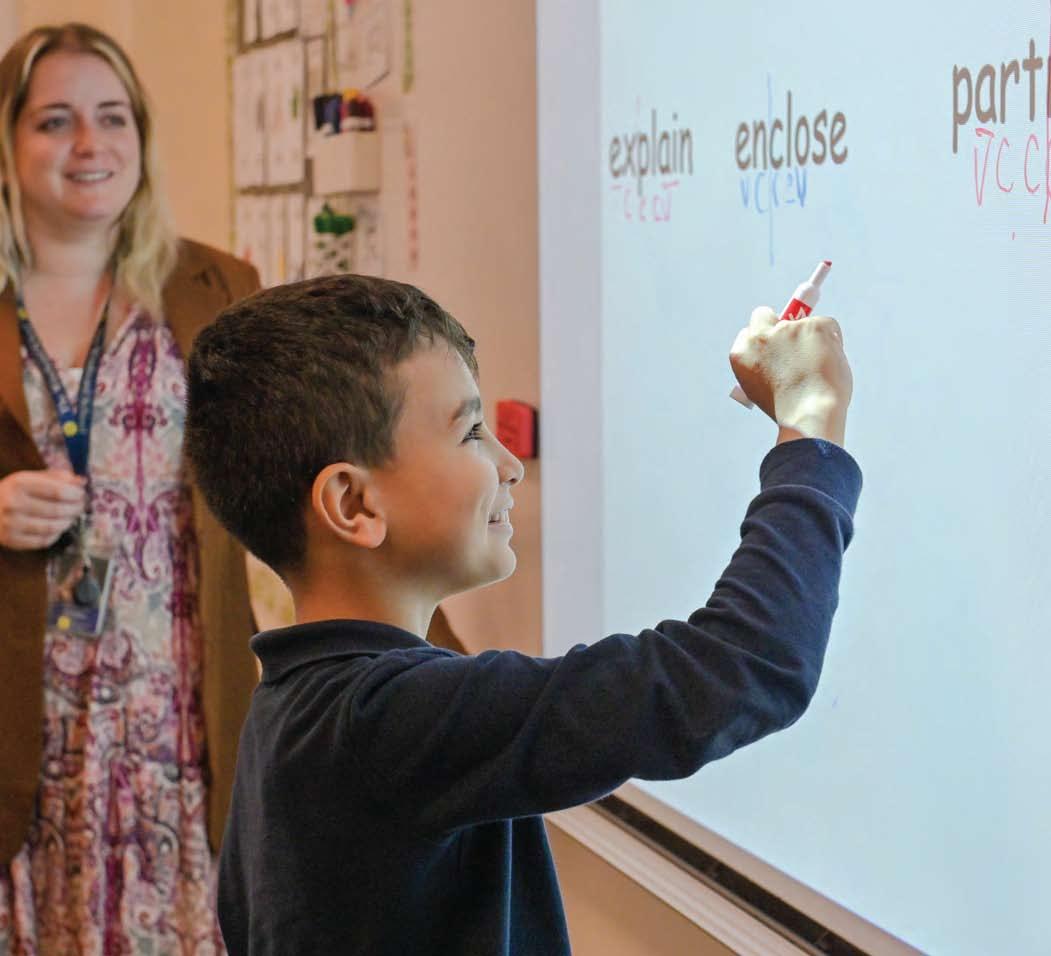
As an independent day school for children with dyslexia and languagebased learning disabilities, we believe difference is power. Through highly trained educators and evidence-based programs, we empower students in grades 1 through 9 with the skills and confidence to return to mainstream schools.
Committed to making a Windward education accessible for all, we award more than $9 million per year in tuition assistance.















Set Up for Success
How to help your differently-abled child thrive in school
BY NEW YORK FAMILY
Good communication between parents and teachers is key to every child’s success—but it’s essential when your child has a learning difference. Staying informed, maintaining open communication, and helping your child feel empowered can make the school year smoother and more rewarding for everyone involved. Here are some tips on how to set your child up for success.
1. Know Your Rights—and Speak Up Parents are entitled to clear information about special education services and supports. Understanding these rights helps you advocate confidently for your child. When attending meetings—such as the Committee on Special Education (CSE), annual reviews, or parent-teacher conferences—don’t hesitate to ask questions if something isn’t clear. Staying informed puts you and your child in the
best position to ensure their needs are met.
2. Keep Communication Flowing Regular, honest communication with your child’s teachers makes a huge difference. Long Island co-teachers Kathy Devine and Emily Cole emphasize that parents of students with special needs should stay in close contact. “We like to know early if something changes at home—like a new medication or a shift in routine,” Cole says. Devine adds, “If your child is struggling with homework, let us know right away instead of waiting until the end of the trimester.”
Write a short letter to your child’s teacher at the start of the school year describing their strengths, challenges, and what strategies work best. It helps teachers understand your child as an individual from day one.
3. Understand IEP Goals
Take time to learn your child’s Individual-



ized Education Plan (IEP) goals and how they differ from general classroom goals. It’s normal for students to progress differently across these areas, but knowing what each set of goals measures will help you track growth more accurately—and celebrate progress in all forms.
4. Involve Your Child in the Process
Encouraging your child to participate in discussions about their learning plan can build confidence and self-advocacy skills. Cassie Reilly, a Transition Coordinator at a Long Island high school, suggests involving children in IEP meetings when possible. “Being open with kids about their diagnosis helps them see that their learning difference doesn’t define them,” she says. It’s about giving them a voice in their own education.
5. Embrace Your Child’s Unique Path
Every child’s journey looks different. Reilly notes that children may behave or perform differently at school than at home, and that’s okay. Success might not always follow a typical path—but with ongoing communication and understanding, parents and teachers can work together to find what works best for each child.
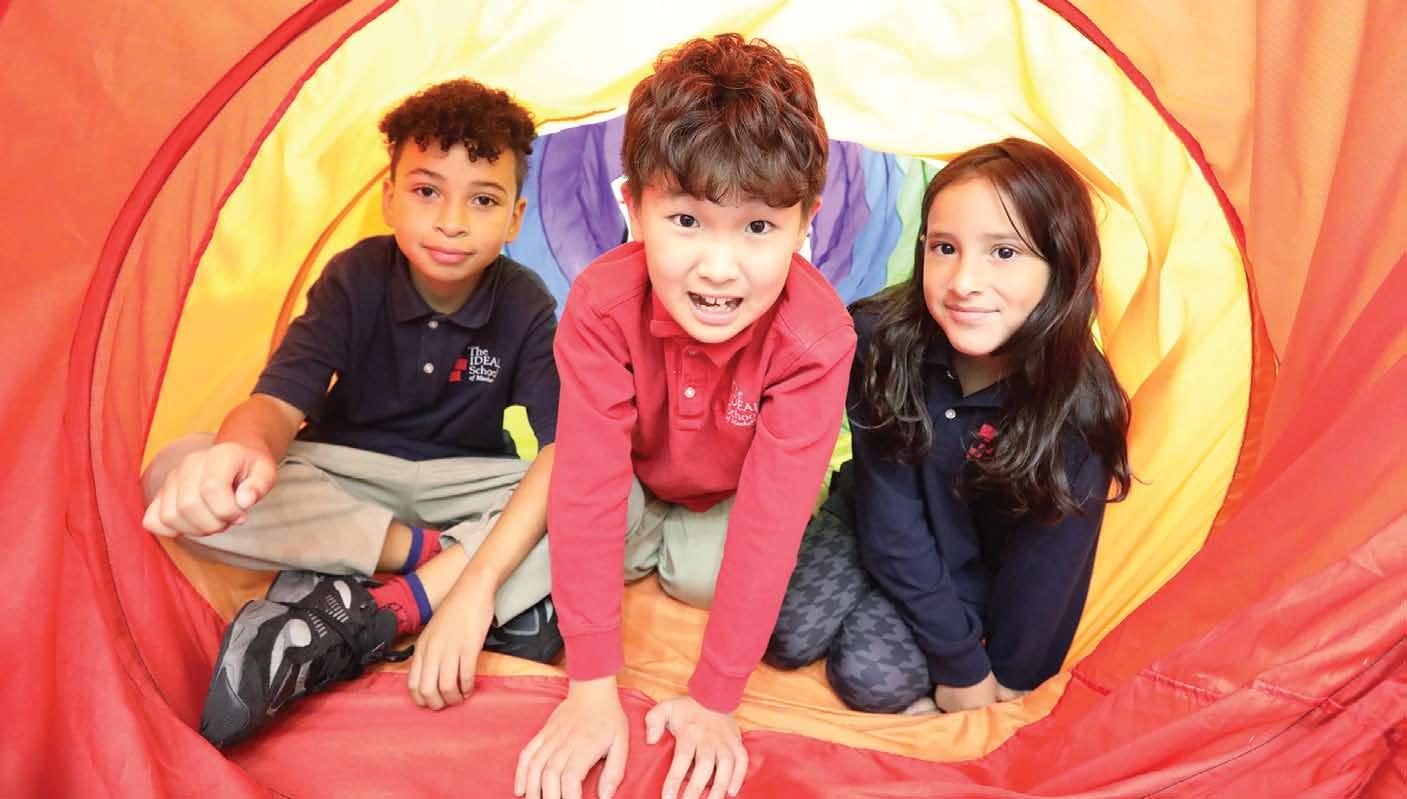
Public School?
IDEAL is a new kind of private school. Our inclusive mission, diverse and nurturing environment, and generous financial assistance foster a student body that represents a remarkable diversity of backgrounds, perspectives, and experiences.
IDEAL’s strong and supportive arts program fosters creativity and self-expression in the visual arts, music, theater, and dance, enabling students to develop confidence, discipline, and an appreciation for cultural diversity.
212-769-1699 x10105 or email admissions@theidealschool.org
Why Some Families Turn to Private Schools for Learning Differences
For children with ADHD, dyslexia, autism, or anxiety, personalized instruction can unlock success
BY TARA LUSTBERG
For many New York–area families, choosing the right school is rarely simple. But when a child has learning differences, whether it’s ADHD, dyslexia, autism, or anxiety, that search can feel overwhelming. Even in districts with strong special education programs, parents often find that large class sizes, limited resources, and inconsistent support make it difficult for their child to thrive. That leads some to the realization of exploring private schools explicitly designed for students who learn differently.
Despite dedicated teachers’ good intentions and hard work, resources are stretched thin within the NYC public school system. Classrooms include students with a wide range of educational needs, and individualized attention can be difficult — if not impossible — to sustain. When a student’s needs aren’t fully met in a traditional classroom environment, some parents begin exploring alternative options for neurodiverse learners, like schools that center their teaching philosophy on how each child learns best.
A Tailored Approach
Private schools that specialize in learning differences take a different approach to classroom instruction. Unlike traditional schools that expect neurodiverse students to adapt to conventional learning methods, specialized schools design their curricula around each student’s unique needs. This individualized model may mean breaking lessons into shorter, more manageable steps, using multisensory techniques, pacing instruction according to the individual’s needs, and measuring progress by growth rather than standardized benchmarks.
These schools often maintain small classes — sometimes with fewer than 10 students per teacher — allowing teachers to devote more one-on-one time to each child



to familiarize themselves with their interests, abilities, and challenges. For children who struggle with attention or anxiety, the quieter, more predictable environment can reduce stress and improve focus.
Focus on Emotional Well-Being
Often, these schools place a strong emphasis on social-emotional learning and executive functioning skills, which help students manage frustration, stay organized, and advocate for themselves. Instead of viewing behavioral differences as disruptions, teachers are trained to recognize how overstimulation and frustration manifest and respond to help students refocus and regulate.
This can be transformative for a student who has gone from falling behind or feeling misunderstood to being engaged, capable, and confident. The feeling of belonging rather than feeling singled out can be as valuable as the curriculum itself.
Navigating the Path—and the Price
For many families, moving from public to private school can be complicated. When a public school cannot adequately meet a child’s needs, some parents look to private
schools for tuition coverage through the city’s Department of Education (DOE) reimbursement process. However, this process can be lengthy and often requires legal advocacy, documentation, persistence, and time.
But, while tuition costs are high, families who are able to make the investment (or effort of pursuing reimbursement) say it is worth it for their child’s long-term confidence and well-being.
Lessons for Every Classroom
In classrooms where individuality is embraced, mistakes are treated as learning opportunities, and emotional well-being is seen as essential to success, children who once struggled to fit in finally begin to flourish. The lessons from these specialized environments could inspire all public and private schools to rethink how they support the diverse ways children learn.
As awareness and understanding of neurodiversity grow, more families and educators are recognizing that traditional learning doesn’t work for every student. For many, finding the right school isn’t just about academics—it’s about helping their child discover their strengths, build selfesteem, and rediscover the joy of learning.
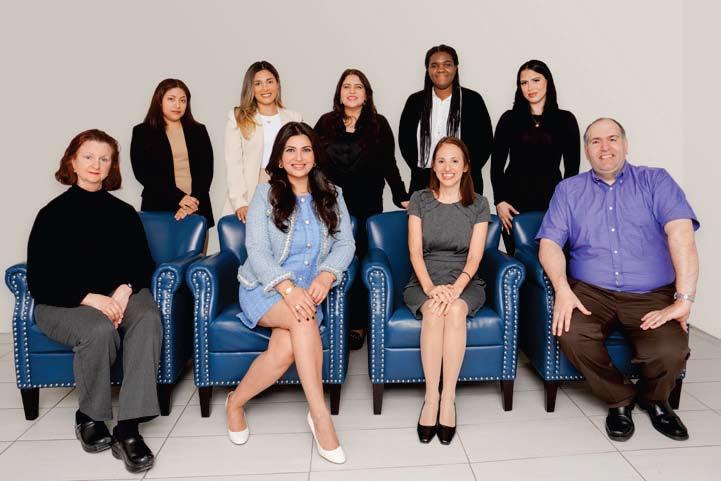
Learning Disabilities
ADHD
Autism
Developmental Delays
Mood and behavioral issues (anxiety, depression, anger)
Special Education Advocacy
Forensic evaluations (custody, disability)
Dr. Sanam Hafeez founded Comprehend the Mind in
Our center today has a superior clinical team, short waiting list, and accepts multiple insurances.
Dr. Hafeez routinely writes for major publications, appears on news shows, has authored textbook chapters, and is currently writing a textbook on Autism.

Extra time on SATs, ACTs, SHSATs Advocating for IEPs, 504s, accommodations for all tests At Comprehend the Mind, we offer neuropsychological testing and answers. Our Neuropsychological evaluations offer: Dr. Sanam Hafeez NYS Licensed Neuropsychologist, Clinical Director and CEO





Choosing a Caregiver for My Special Needs Child
A mother shares her comprehensive approach to interviewing, vetting, and preparing caregivers for her autistic son
BY DANA GREENBERG
My son has autism, so when I need to leave him with a babysitter, I’m incredibly picky about who that person will be. A dozen worries run through my head: Who can I trust with him, especially since he has limited verbal skills? Will the sitter understand his wants and needs? Will he be happy and engaged while I’m gone? Over the years, I’ve developed a system for choosing babysitters that has worked well for us. Here’s how.
Where to Find Babysitters
There are some great places you might not have considered. I contact local specialeducation schools and therapy centers; social workers, psychologists, teachers, and therapists are excellent resources. Tell them exactly the type of person you seek and describe your child’s age and needs. Many staff members are looking for extra work, and these programs often circulate caregiving opportunities internally. A big advantage: these candidates frequently already have background checks or fingerprinting done by their employers.
Referrals from other parents of children with special needs are also invaluable. Other parents know what to ask and can give honest feedback about whether someone would be a good fit.
Meet as Many Candidates as Possible
I like to meet as many potential sitters as possible. Different personalities work for various situations. I have sitters I prefer for at-home care and others I want to bring on outings. And life happens — you need backups. It’s not unusual to call several people before getting a yes, so build a list of trusted candidates.
The Initial Interview
I meet new candidates alone, without my son present. He has strong receptive language, and I don’t like to discuss him in front of him. In that first meeting, I shared



everything: routines, likes and dislikes, what bowl he prefers for snacks, and that he likes ice cubes in his water — every detail matters. I also cover pay and invite candidates to ask questions. This meeting helps me decide whether to move forward.
Checking References
After the initial interviews, I always check the references of those I’m seriously considering — past families, supervisors, or coworkers. Have your questions ready and ask about interactions with children, handling difficult situations, punctuality, and reliability. You should feel free and comfortable to ask anything; after all, this is your child’s welfare we are talking about. Ask specific questions about the candidate’s interactions with children, how they’ve handled certain situations, and the like. I always like to ask about punctuality, too. This is the opportunity to get a feel for whether this person may be the right fit and if you want to continue moving along with them.
Introducing Your Child
Assuming the references check out, I will schedule a meeting between the candidate and my child at home. I will prepare my son in advance by telling him the person’s name and that they are coming over to see where



he lives and what he likes to play with. I show the potential caregiver around my home, pointing out where my son likes to hang out, where his favorite snacks are, and going over routines in detail. Watching how they interact gives me a strong sense of whether they’re a good match.
Joining us for an Outing
If I am hiring a sitter to take my son out, I invite them on an outing first. Being outside requires different skills: safety vigilance, managing unexpected behaviors, and staying calm if he won’t hold a hand or chases birds. I guide them through the outing and ask how they would handle particular scenarios.
Assessing the Sitter’s Commute
Where a sitter lives is important to me. Just because you are identifying candidates via a school or center does not necessarily mean they live nearby. I confirm that candidates can reliably get to and from my apartment independently and understand travel time. You don’t want to scramble to pick someone up or drop them off late at night.
Every question matters, and no detail is too small. Make lists, check references, and do what it takes to put your mind at ease — when you know your child is in the right hands, you can go out and truly relax.
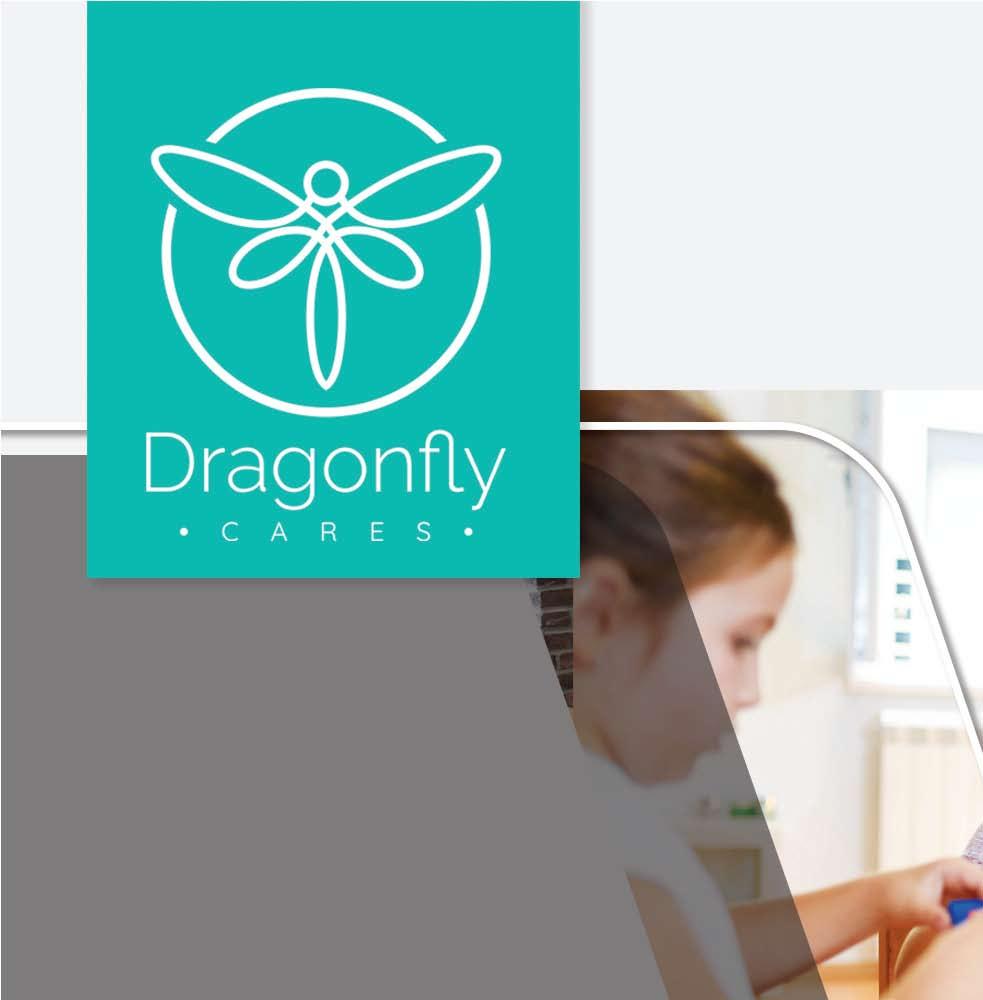

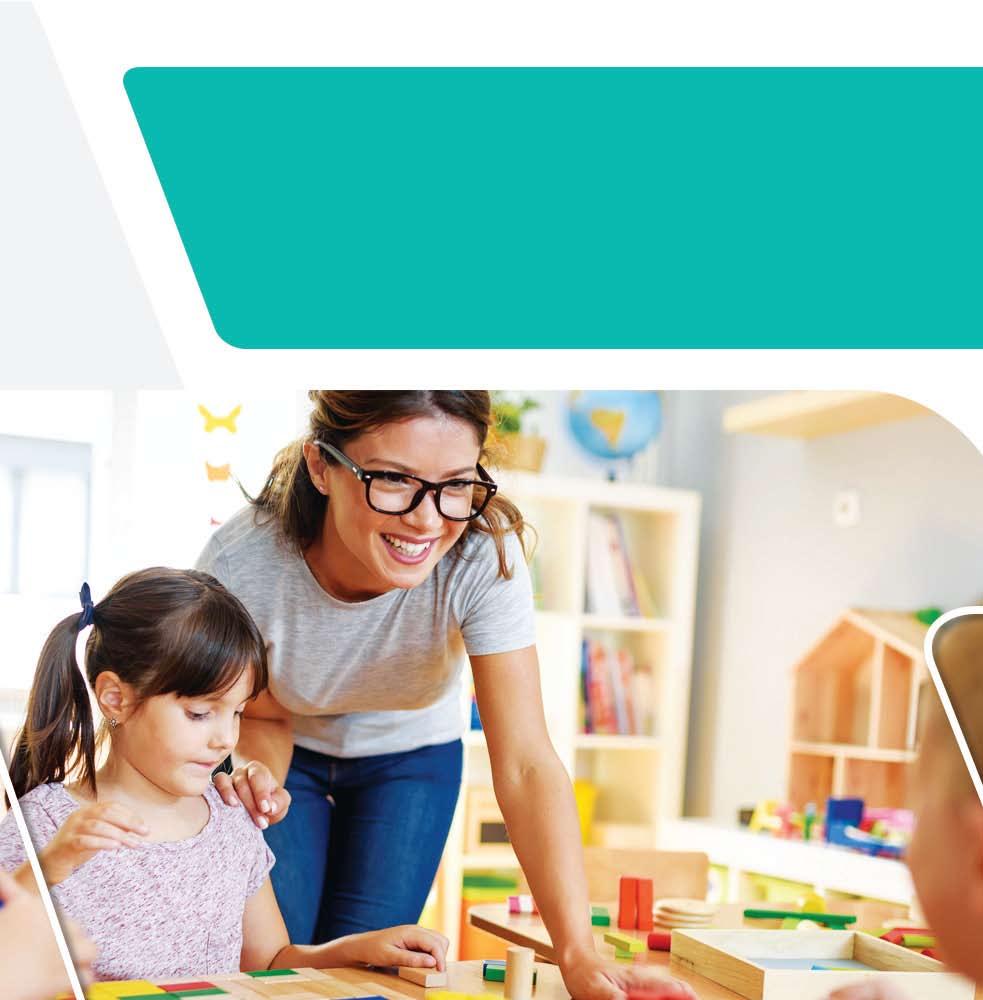
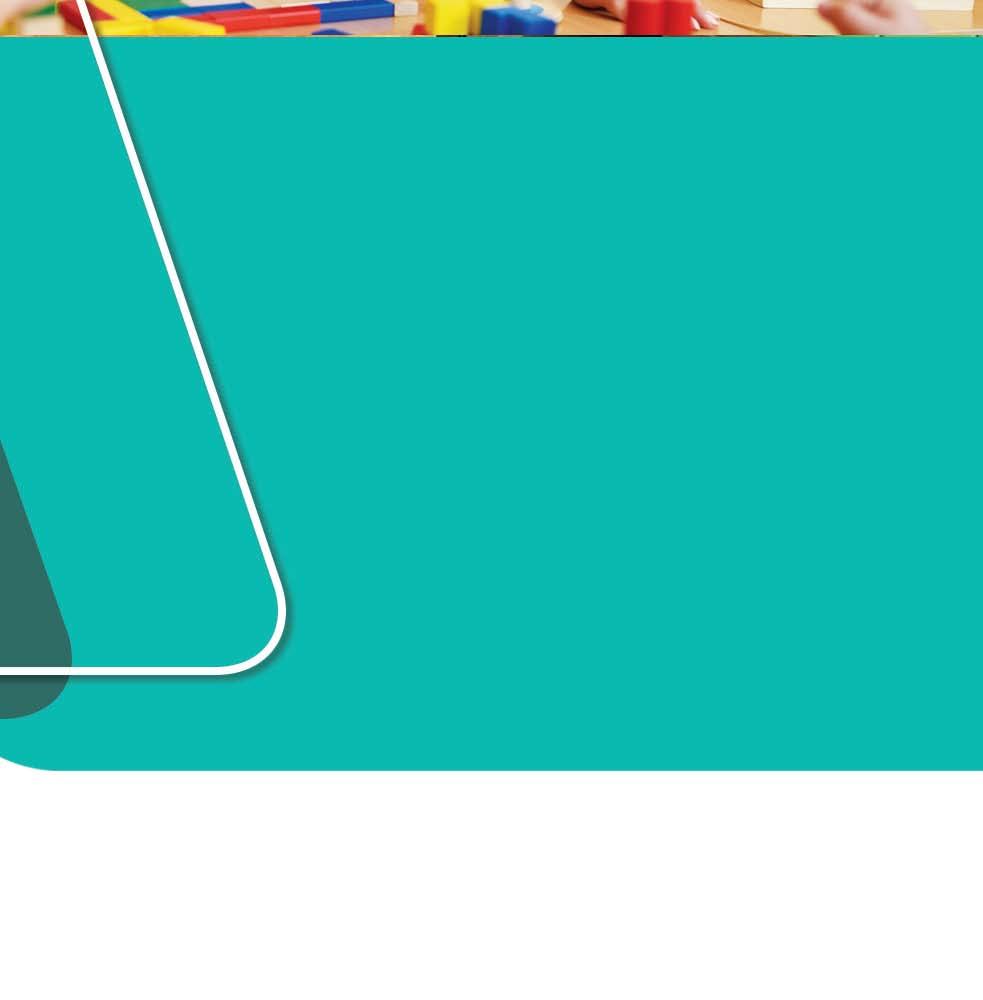



A Spectacular Holiday Season for All
This year’s Christmas Spectacular brings extra magic with a full slate of accessible offerings
By Jana Beauchamp
It’s the most wonderful time of the year at Radio City Music Hall, where the Rockettes light up the stage for the 2025 Christmas Spectacular. This season is extra special as the Rockettes celebrate their 100th anniversary with a full lineup of accessibility offerings, ensuring every guest can experience the magic of Christmas. Families can look forward to the production’s third annual sensoryfriendly performance in partnership with the Theatre Development Fund (TDF), along with select shows featuring open captioning, audio descriptions, American Sign Language (ASL) interpreters, and more.
The Christmas Spectacular’s third annual sensory-friendly performance, presented in partnership with TDF, will take place on November 9 at 10 am. This year’s production features thoughtful modifications such as softer stage lighting, lowered audio levels, and additional house lighting to create a more comfortable experience. Guests can also visit Radio City Music Hall’s Grand Lounge, which will be transformed into a sensory-safe
space with soft seating and fidget tools to help guests reorient if needed. Dedicated staff members from TDF and Radio City Music Hall, trained in sensory needs, will be on-site to provide support throughout the event.
Radio City Music Hall and The Christmas Spectacular offer a variety of accessibility services to ensure more guests can experience the joy and thrills of the show. VITAC closed captioning, assistive listening devices, and relay calls made through a TTY machine are available at every performance. In addition, ASL interpreters will be present at four performances this season: Saturday, Nov. 15, and Wednesday, Dec. 10, at 11 am; Sunday, Dec. 7, at 6 pm; and Wednesday, Dec. 17, at 8 pm. An open-captioned performance will take place on Tuesday, Dec. 2, at 5 pm, and an audio-described performance will be offered on Thursday, Dec. 11, at 5 pm.
This season, Radio City, in partnership with KultureCity, the world’s leading nonprofit dedicated to sensory accessibility and acceptance, has unveiled the newly renovated Chris & Veronica Jackson Sensory Room. Open during all public events, the room offers
a calm and welcoming retreat for anyone who may feel overwhelmed by the excitement of the festivities. Thoughtfully designed with the holiday spirit in mind, it features adjustable lighting, cozy seating, calming visuals, and full wheelchair accessibility. Families can also take comfort knowing that sensory bags with fidget tools, noise-canceling headphones, and other resources are available at every event, and all guest-facing staff have completed KultureCity training to ensure the magic of the season can be enjoyed by guests of all abilities.
Tickets for the sensory-friendly performance, presented in partnership with TDF, are now available at tdf.org/rockettes.
For more information on these and other accommodations, including accessible and companion seating, please contact the Accessibility Services Department at accessibilityservices@msg.com or the Accessibility Services FAQ page. Tickets for the 2025 Christmas Spectacular can be purchased in person at the Ticketmaster Box Office at Radio City Music Hall (1260 6th Ave. between 50th and 51st Streets) and online at rockettes.com/christmas.
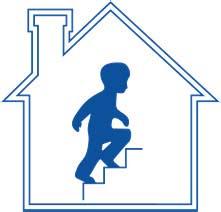

The Hagedorn Li�le
The Hagedorn Li�le Village School, Jack Joel Center for Special Children (HLVS), is a not-for profit program that provides services for infants and children up to 12 years of age with learning, language, social delays, motor impairments, and au�sm with no direct cost to families:
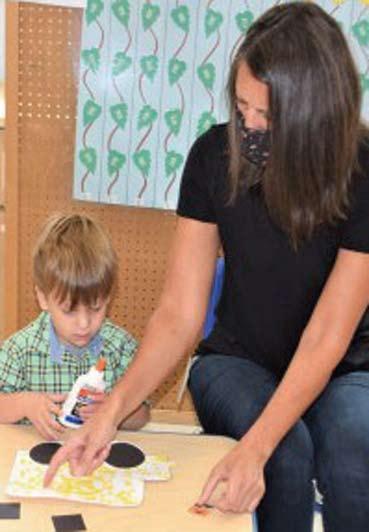
• Evalua�ons
Interven�on (Birth-3)
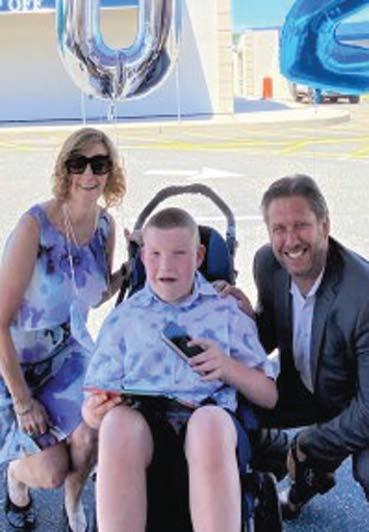
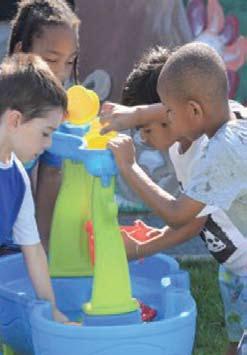
Interven�on (El) and Commi�ee for Preschool Special Educa�on (CPSE) services are for children who have or who are suspected of having a developmental delay or disability. Evalua�ons must be referred by NCDOH/SCDOH for El and/or to the local school district for CPSE. Services are provided based on an individual child's elegibility as established by NYS DOH and/or NYS ED department and local government at no direct cost to parents. Parents are responsible for fees/costs associated with children.
Leveling the Learning Field
Christina Foti, Deputy Chancellor of NYC Public Schools, discusses
the future of inclusive education
By Náosha GreGG
New York City is renowned for its exceptional education system. From charter to public schools, families rest a bit easier at night knowing their child is receiving a quality education, taking one thing off their already full plate.
For Deputy Chancellor Christina Foti, standing firm on the city’s reputation is not just a goal, but a mission. As the Deputy Chancellor of the Division of Inclusive and Accessible Learning (DIAL), Foti works to ensure that the approximately 20% of disabled New York City students and 73% of students considered economically disadvantaged are on a level playing field.
“DIAL was established to ensure that students with disabilities and multilingual learners are at the center of decisionmaking at New York City public schools,” she explains. “Our mission is to make sure that every New York City public school provides inclusive and accessible learning environments to students by centering their needs. And that starts at the highest level of decision-making.”
Education Closer to Home
As one of the largest public school systems in the country, city schools play a key role in the educational development of our youth. As of June 2022, 88% of students received their recommended special education programs in full; however, ensuring that all children have access to the resources they need remains an ongoing challenge. Most students with IEPs travel to and from school in the same manner as students without IEPs, which can consist of a long school bus ride or via crowded city buses and trains during the hectic weekday morning rush hour.
Foti is working to make schools more equitable and recognizes the importance of
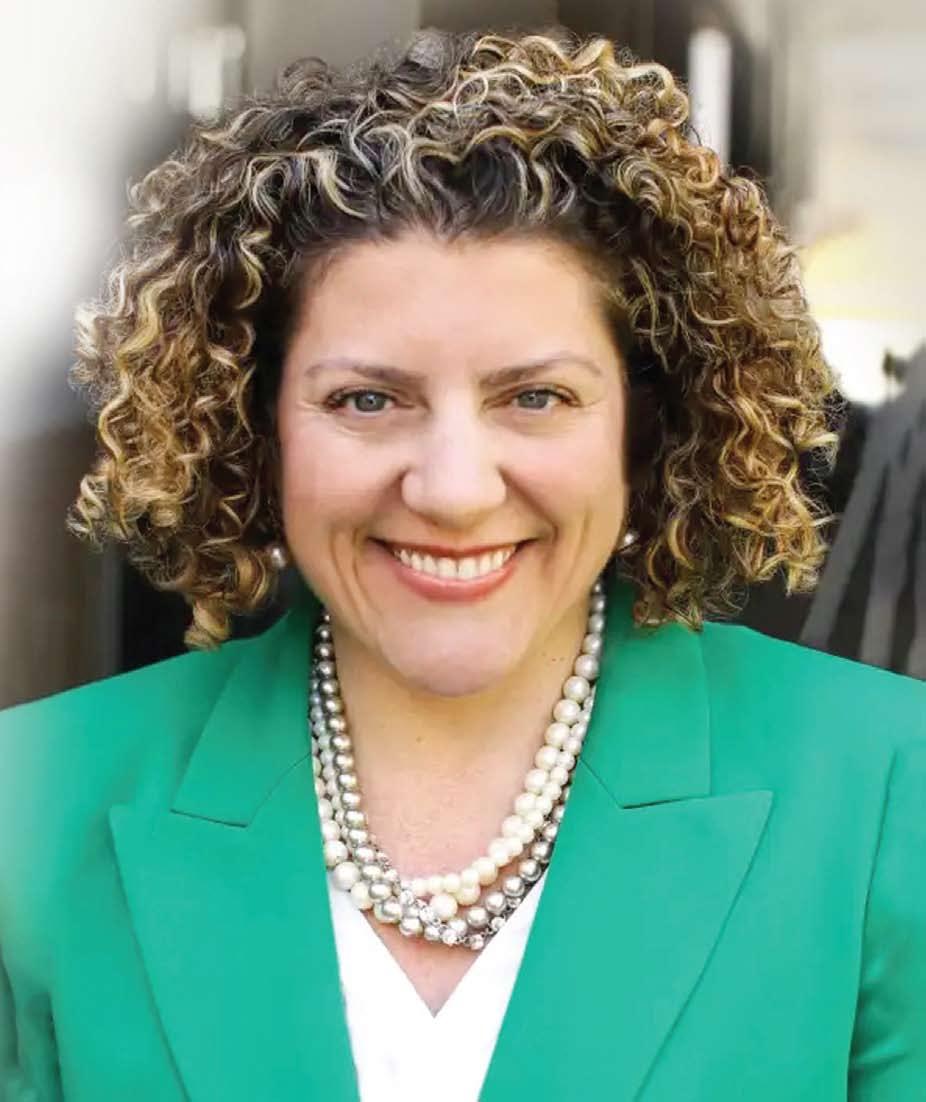
bringing resources closer to home. She says that families have had to travel far outside their neighborhoods for too long to access the right programs. “For students with disabilities, they’ve needed to travel outside of their communities to get the high-quality services that they need,” says Foti. “Our work has been about bringing those services to their communities so that siblings can attend school together and neighbors can attend school together.”
Brooklyn residents have recently experienced the outcome of this initiative head-on, with the opening of the new PS 6 Early Childhood Annex in Flatbush. The newly opened extension serves children from 3K to kindergarten and is described by Foti as “a completely accessible building.” The annex features include a sensory room, preschool-sized bathrooms, and family spaces—all designed with accessibility and community needs in mind. Foti hopes that the newly opened space provides some relief to parents who worry that their children won’t have to commute so far and won’t have to sacrifice the quality of their education.
“Families can walk to school together and know their children, of all abilities, are being served in a high-quality, inclusive environment.”
The response from families has been overwhelmingly positive. Foti recalls visiting her neighborhood school one morning and watching a father gently brush his son’s face before dropping him off. “It was a beautiful moment to see how they clearly walked to their school that day. Dad was happily dropping his son off somewhere he knew his son would be safe and happy, and where he would be educated in a high-quality way,” she shares.
Autism Initiatives
Beyond Brooklyn, DIAL is piloting new autism programs in several districts, including 5, 12, and 14, seeing what Foti describes as high success rates. In the New York-New Jersey metro area, approximately 3% or around 17,000 students in NYC public schools (as of a 2017 New York Times report) were identified as having Autism Spectrum Disorder (ASD).
Photo by Chris Cassidy
“Our autism programs are outperforming their peers. Students are graduating in four years at 97%, which is remarkable,” Foti emphasizes. “The city now offers specialized placements for every incoming kindergartener with autism in those districts, and the model is expanding year over year.”
Embracing Multilingual Learners
The influx of migrant children has presented challenges for multilingual learners, but Foti is quick to emphasize the opportunities it creates. “Our commitment has been to increase bilingual programming generally because it benefits all students,” she says.
Since 2022, the city has experienced an influx of 40 thousand migrant children, in addition to the already 148,000 English as a second language (ESL) learners across the city, according to the NYC Department of Education. Many struggle to find proper education due to the language barrier. Despite the struggles, migrant children have shown promise, as exemplified by the child chess prodigy. “When children learn a second

“For students with disabilities, they’ve needed to travel outside of their communities to get the highquality services that they need. Our work has been about bringing those services to their communities so that siblings can attend school together and neighbors can attend school together.”
language, brain development is incredibly beneficial,” Foti explains. “We welcome the diversity that our students bring.”
The city is also mindful of broader issues, such as safety and accessibility. When asked about Gov. Hochul’s recent cell phone ban in schools, Foti emphasized the importance of striking a balance between distraction-free environments and necessary accommodations.
“From the inception of the ban, we were very mindful of what that would mean for students with disabilities, who perhaps rely on technology. What we’ve made clear is that if a child needs a device in accordance with their IEP, the school should provide it,” she clarifies. For parents

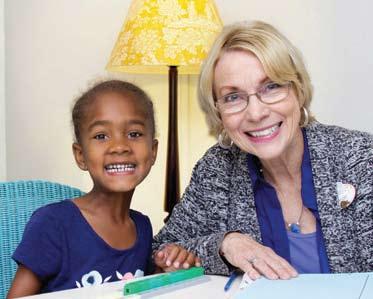
and caregivers navigating these systems, Foti encourages leaning into school-level support. “We’ve trained parent coordinators, school psychologists, and special educators. Thousands of folks have already been trained on the special education process,” she says. Families can also reach out to district offices or even DIAL’s central office directly via a dedicated special education inbox, which is monitored by her team.
According to Foti, at the heart of it all is a simple but powerful mission: Equity. “Our goal is really to put New York City at the forefront of special education practices, and to make every school the school we want to see for students with disabilities and multilingual learners.”

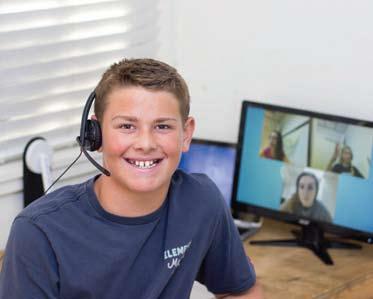
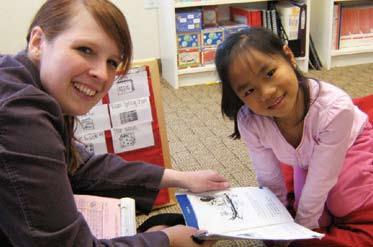
autism b ehavioral consulting s ervices
Karen Bottalico, SAS, SDA 516-851-8330
kbottalico2002@yahoo.com
Autism Behavioral Consulting Services is an educational consultant serving Queens, Long Island, and the New York City Metro area. Working directly with families, services include evaluating placement and service options and accompanying parents throughout the CPSE or CSE process, including meetings, screenings, observations, and extensive education history reviews. Other services include staff training, school-based consultation, FBA assessment, BIP implementation, ABA and verbal behavior training techniques, behavior management strategies, home/school intensive behavior intervention services, crisis intervention and prevention, homebased services, and parent education training.
comprehend the Mind
114-20 Queens Blvd., Suite CS 2, Forest Hills 718-441-0166
comprehendthemind.com
Comprehend the Mind is a group of neuropsychologists who diagnose and assess various conditions. They conduct neuropsychological, educational, speech and language, and psychiatric evaluations to help parents understand their child’s strengths and weaknesses, enabling them to plan for their academic success and emotional well-being.
conversations together
525 West End Ave., Upper West Side Info@conversationstogether. com conversationstogether.com
Conversations Together is a speech therapy private practice on the Upper West Side. We are a womanowned, local small business providing inclusive and individualized speech,

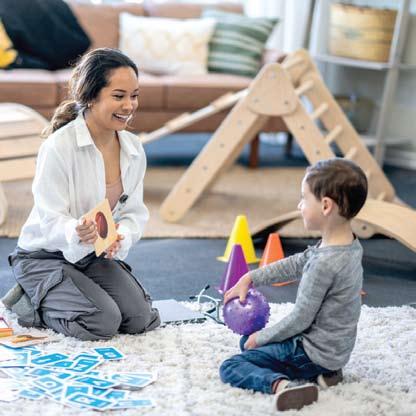

language, and literacy services for children and young adults. Therapists emphasize collaboration with families and educators to support real-world communication and carryover. Using clientled, play-based, and interest-driven approaches, Conversations Together helps clients build confidence and achieve meaningful and functional communication goals. Reach out today to start the conversation.
d ragonFly aba 535 Broadhollow Rd. A4, Melville 516-531-3673 hello@dragonflyaba.com dragonflycares.com
Dragonfly Cares aims to offer exceptional ABA and Speech-Language Therapy services throughout Long Island. They provide school, home, BIS, and centerbased opportunities for early learners and young adults with disabilities all
year round. Each individual’s plan is customized to their specific needs, and Dragonfly Cares encourages parent involvement and education. Their team undergoes ongoing professional development training and consistent supervision to ensure clinical excellence with each client.
Family s peech center 25-32 168th St., Flushing 718-939-0306
familyspeechcenter@ verizon.net
familyspeechcenter.com
Certified Speech-Language Pathologists evaluate and diagnose children to identify specific speech, language, or swallowing difficulties. Services include speechlanguage evaluations and treatment for individuals with articulation and stuttering problems. Assessment procedures depend on the client’s age; small children are assessed in an informal play-based

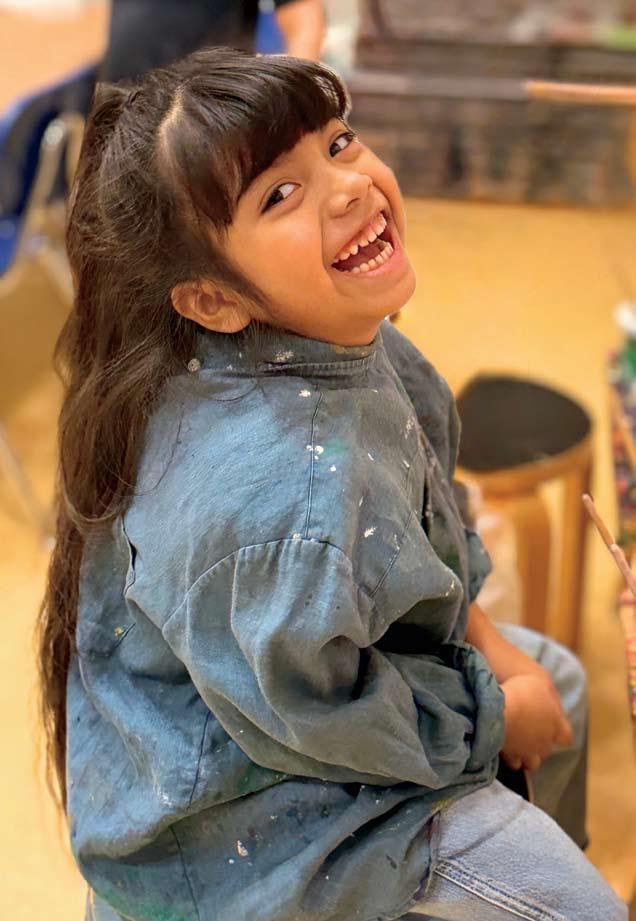

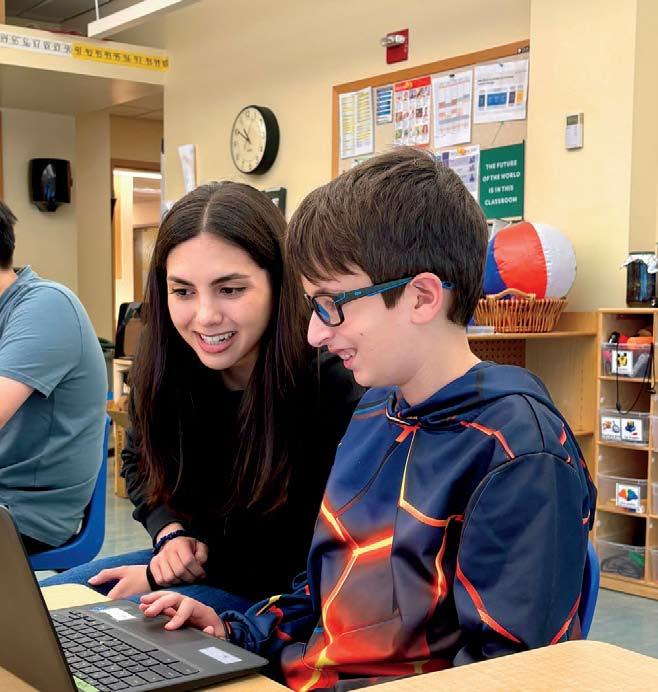
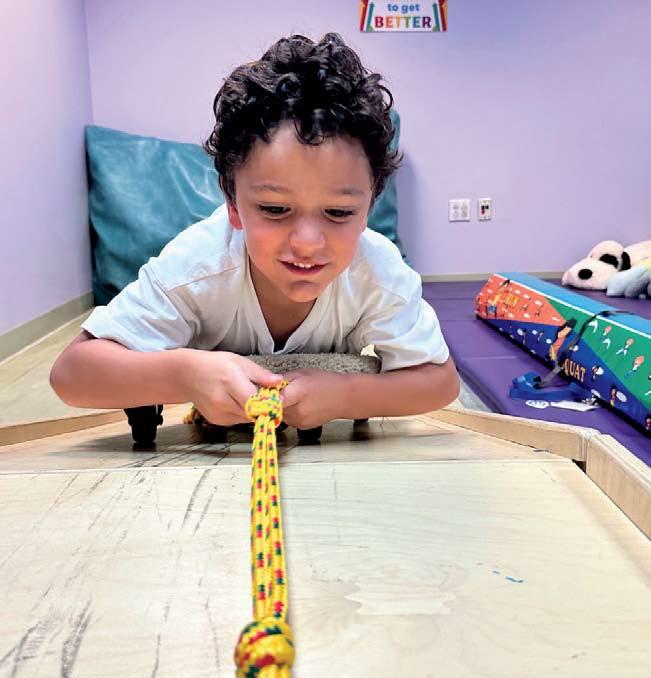
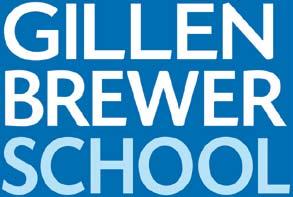
LONGISLANDSPEECH


LanguageDisorders,Memory&AuditoryProcessingDifficulties,Voice&Motor PlanningDisorders,TongueThrust,ThumbSucking,Feeding&Swallowing Aversions,ArticulationDisordersandMORE! Mostmajorhealthinsurancesaccepted-Eveningandweekendhoursavailable!


TongueThruster?NailBiter?MouthBreather?TMJ?Lisp?Snorer?ThumbSucker?





environment. Medical plans and Department of Education IEPs are accepted for preschool and schoolaged children.
the g illen b rewer school 410 East 92nd St., Upper East Side 212-831-3667 admissions@gillenbrewer.com gillenbrewer.com
The Gillen Brewer School offers an academictherapeutic approach to special education for K to 8th-grade students. The school’s mission is to educate and support students in becoming confident, independent, and engaged learners. The program features a hands-on, language-based curriculum integrating speech and language therapy, occupational therapy, counseling, and social groups into each child’s schedule. Children from across NYC are immersed in developmentally
appropriate and socially engaging learning.
the h agedorn little village school
750 Hicksville Rd., Seaford 516-520-6000
jon.feingold@littlevillage.org littlevillage.org
The Hagedorn Little Village School is a not-for-profit school highly regarded for providing outstanding educational and therapeutic services for children with a wide range of developmental disabilities. HLVS provides year-round programs and services that include diagnostic evaluations and treatment, early intervention, a preschool, an elementary school, SEIT, and related services.
the i deal school
5 Hanover Square, FiDi 212-769-1699 admissions@theidealschool. org theidealschool.org
The IDEAL School of Manhattan distinguishes itself as a private school by expanding the definition of diversity to include ability and economic status. Its financial assistance packages have built a more diverse student body than most private schools. The school’s academic program is tailored to support students at their individual levels to help them achieve their goals. Schedule a visit or join an open house to learn more.
lindamood- b ell learning Processes
355 Lexington Ave., Suite 1020, Midtown East 212-644-0650
newyork.center@ lindamoodbell.com
203 Jay St., 4th Floor, Downtown Brooklyn 347-943-6241
brooklyn.center@ lindamoodbell.com LindamoodBell.com Lindamood-Bell Learning Centers provide personalized
instruction to help students of all ages develop the sensorycognitive skills essential for reading, comprehension, and math. Using evidence-based programs, they address learning challenges such as dyslexia and ADHD while unlocking each learner’s potential. Lindamood-Bell Academy, an accredited private school, offers a tailored K-12 education that integrates these instructional methods into the curriculum, creating a supportive environment where students thrive academically and gain confidence in their learning.
long i sland s peech
9 locations on Long Island 631-689-6858
844-5-SPEECH
suffolkspeech@lispeech.com lispeech.com
Long Island Speech is the leading speech therapy provider on Long Island, with nine locations in Nassau and Suffolk County. It
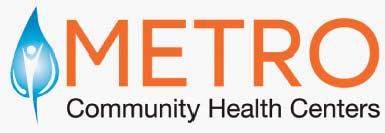
MCHC
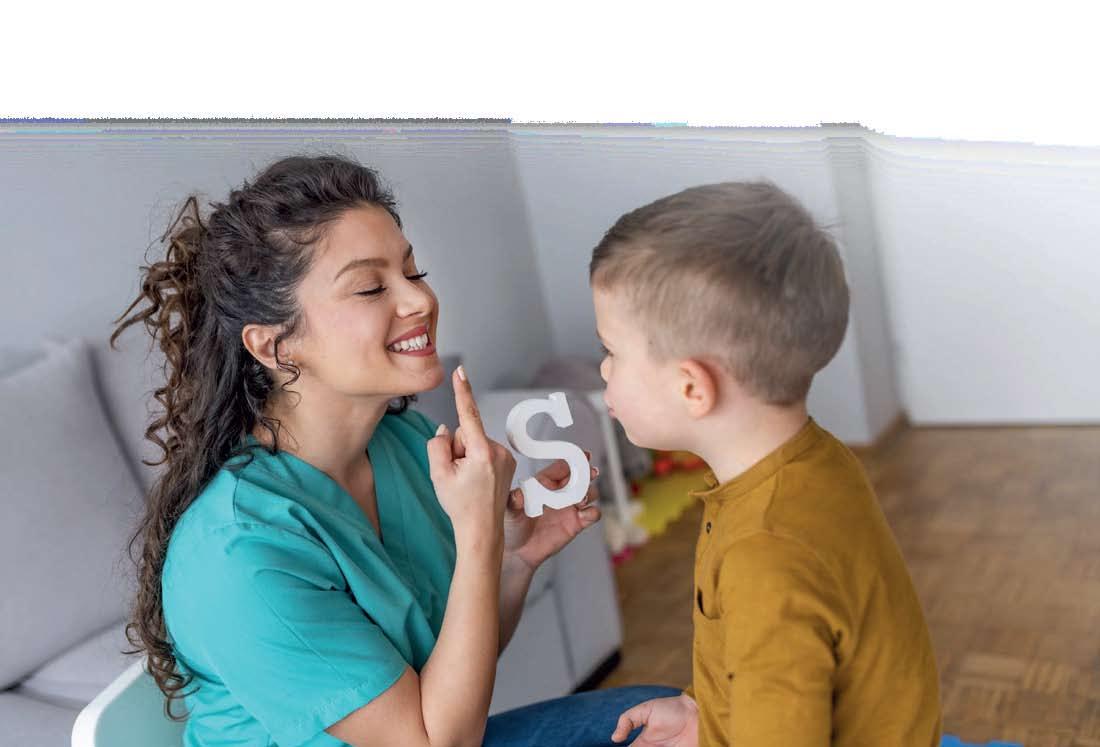
COMPREHENSIVE CARE FOR


specializes in Myofunctional Therapy, PROMPT, Voice Disorders, Fluency, Augmented Communications, Articulation, Feeding Therapy, Auditory Processing, Expressive/Receptive Language Disorders, and more. Long Island Speech participates with most major health insurance companies and offers evening and weekend hours.
Metro community h ealth center
335 East 24th St., Suite 1B, New York, NY 10010 212-209-5102
177 Livingston St. Lower Level Brooklyn, NY 11201 718-855-7707
979 Cross Bronx Expressway Service Road, Bronx, NY 10460 718-665-7565
mchcny.org
Metro Community Health Center (MCHC) provides high-quality, well-coordinated primary and specialty care and is strongly committed to individuals with intellectual


and developmental disabilities. Its skilled physicians, therapists, nurses, and staff deliver compassionate, evidencebased, and culturally competent care regardless of a patient’s ability to pay. Services include primary care and psychiatry in a comfortable and supportive environment. MCHC ensures accessible healthcare for all, prioritizing dignity and comprehensive wellness.
the Parkside school
48 West 74th St., Upper West Side 212-721-8888
alevinger@parksideschool.org parksideschool.org
Celebrating 40 years of helping children with language-based learning differences thrive, The Parkside School provides a warm, individualized environment where every child’s strengths are recognized and nurtured.

Their integrated academic and therapeutic programs support students in developing confidence, skills, and a lifelong love of learning. Discover how Parkside opens doors to new possibilities for children in kindergarten through 5th grade.
Westchester school For s pecial n eeds
45 Park Ave., Yonkers 520 Route 22, North Salem 33 Seymour St., Yonkers 914-376-4300
westchesterschool.org
The Westchester School is a New York State-approved, non-public school that provides educational and therapeutic services to students from Long Island, New York City, the Hudson Valley, and Connecticut. With campuses in Yonkers and North Salem, New York, the program serves over 300 students with autism, intellectual disability, multiple disabilities, orthopedic
impairment, emotional disability, preschool students with disabilities, and other health impairments.
the Windward s chool
212 E. 93rd St, Upper East Side 212-222-8628
thewindwardschool.org
A coeducational, independent day school located in NYC and White Plains for children in grades 1 through 9 with language-based learning disabilities such as dyslexia. Committed to helping students achieve their full potential in order to return to a mainstream educational environment successfully, Windward remediates students’ skill deficits through a proven instructional program—combined with opportunities for social and emotional growth—to enable students to understand their learning differences, build confidence, and develop selfadvocacy skills.
The Westchester School
NYS approved and funded non-public school providing therapeutic and educational services to students diagnosed with AU, MD, ID, OHI, OI, ED, & PWD, ages 3 - 21, with locations in Yonkers & North Salem
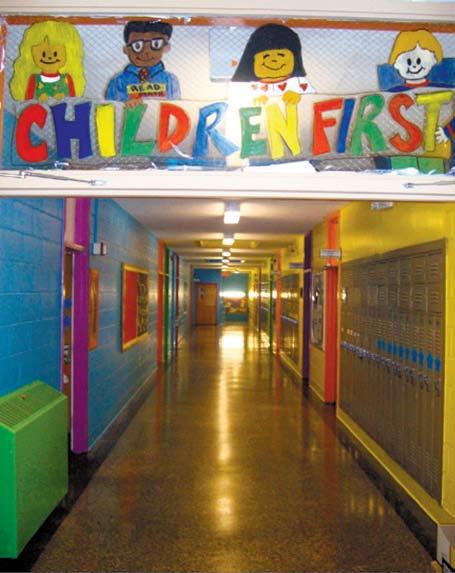
Ungraded, self-contained classrooms with a student to staff ratio of 12:1:4 & 8:1:2 in SchoolAged classrooms and a ratio of 10:1:2 in Preschool classrooms.
• C us tomized cla s sr o om ins tr uc tion ba sed on I E P goals, enhanced wit h S MA R T boards, I P ads, and compu ter s in ever y cla s sr o om
• C ounseling, B ehavior al S er vices, O ccupational T her apy, P hysical T her apy, a s well a s S peech and L anguage T her apy
• A s sis t ance wit h t r ansitioning to po s t academic life by pr oviding Vocational and J ob S k ill oppor t unities
• A daptive P hysical Education and a S ens or y R o om
